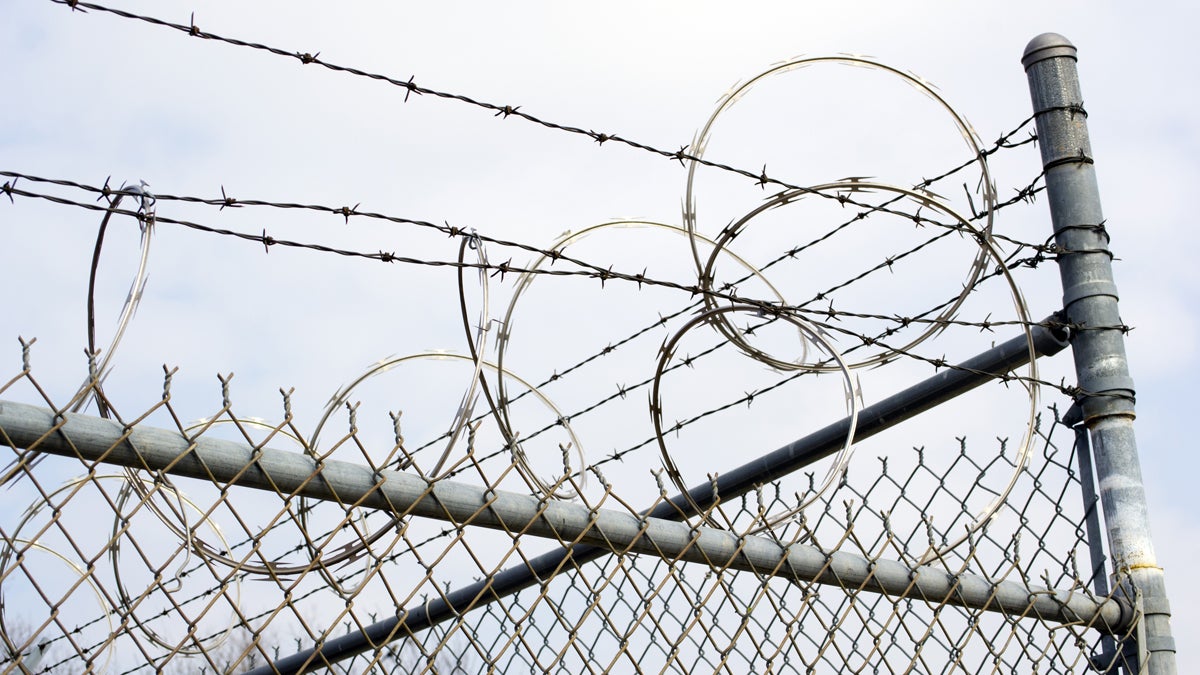Pennsylvania ends solitary confinement for mentally ill inmates
 Photo via ShutterStock) " title="sssolitaryconfinementx1200" width="1" height="1"/>
Photo via ShutterStock) " title="sssolitaryconfinementx1200" width="1" height="1"/>
(Photo via ShutterStock)
After a settlement with the Disability Rights Network of Pennsylvania, inmates with serious mental illness will no longer be penalized with solitary confinement in Pennsylvania prisons.
The state Department of Corrections has created specialized treatment units for inmates with intellectual disability or mental illnesses such as schizophrenia and major depression.
“The individuals would still be receiving some sort of discipline for their infraction, but they would be also permitted a minimum of 20 hours of week out of their cell,” said Susan McNaughton, a spokeswoman for the department.
Half of those outside hours must be dedicated to treatment or structured programming. Other prisoners placed in solitary must remain within their cell 23 hours a day.
“The complete social isolation that occurs there is probably the worst thing that could happen to someone with a fragile emotional state,” said Robert Meek, an attorney with the Disability Rights Network.
He said the deal is a culmination of an investigation that began in 2005, when the advocacy group observed troubling activity within state prisons.
“People would do things like start banging their heads against the wall, cutting themselves, trying to hang themselves — and sometimes succeeding in killing themselves,” Meek said. The group filed a lawsuit against the department in March of 2013.
Also included in the reforms are mental health screenings for inmates who have been in solitary for a year and an extensive monitoring program to make sure the changes are properly implemented.
Despite the new rules, Temple University’s Jeffrey Draine still has some concerns.
“They lump in intellectual disability with psychiatric illnesses in the category of serious mental illness, and those are actually things that should be responded to differently,” said Draine, who has studied mental illness in the correctional system for 25 years.
The definition, he said, also leaves out many other inmates, such as those who have experienced trauma and who also deserve an appropriate response.
About 4,000 of the state’s 50,000 inmates meet the current criteria for being seriously mentally ill, and 12,000 receive some form of mental health treatment, said McNaughton.
The prison facilities have already reduced the number of mentally ill inmates in solitary from 850 to 135 in the past year, she said.
WHYY is your source for fact-based, in-depth journalism and information. As a nonprofit organization, we rely on financial support from readers like you. Please give today.

